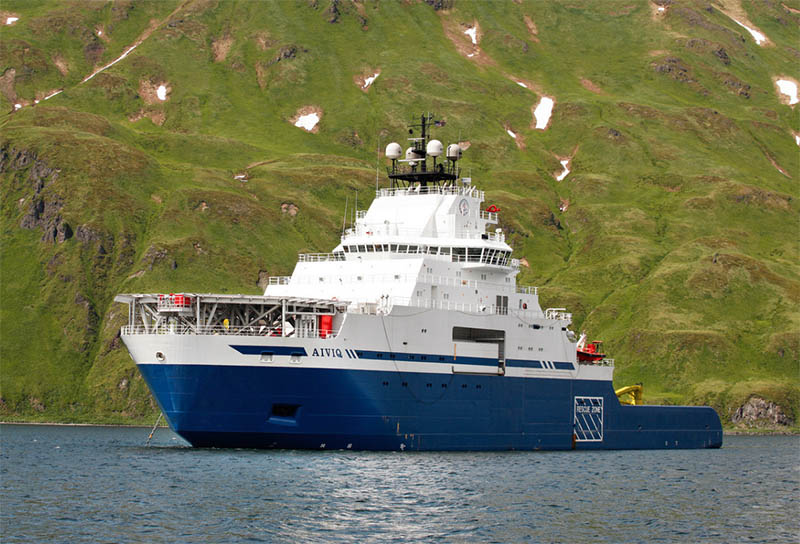A congressional hearing last week on icebreaking operations in the Arctic turned testy when Rep. Don Young of Alaska demanded to know why the Coast Guard wouldn’t use a privately owned icebreaking vessel until the government can build a new one.
The Coast Guard has two heavy icebreakers but is barely able to fulfill its ice breaking missions in the Arctic because the Polar Star is just limping along due to age and mechanical breakdowns, while the Polar Sea has been out of service since 2010. The Healy, a medium icebreaker built in 2000, also works the region.
The Coast Guard wants to build a new vessel, but the Polar Star is due to retire before a replacement comes online, which will create a three- to six-year gap in heavy icebreaking. In the meantime, the Coast Guard is thinking of pouring money into renovating the Polar Star to keep it going – at a cost of up to $62 million to extend its life another 7-10 years.
Enter stage left Rep. Young, an Alaska Republican well-known for lighting up a congressional hearing with acerbic comments, theatrical gestures, and sometimes crude language.
Before the House Subcommittee on Coast Guard and Maritime Transportation, Young grilled Coast Guard Vice Commandant Adm. Charles Michel. The Congressman wanted to know why the service wouldn’t consider using a privately owned icebreaker, which had provided services to Royal Dutch Shell before the oil giant pulled out of its Arctic drilling operations.
Michel said that Coast Guard Commandant Adm. Paul F. Zukunft had personally visited that vessel and determined it “is not suitable for military service without substantial refit.” He said that Coast Guard icebreakers must meet building requirements of military ships and operate as such, enforcing law and asserting national sovereignty.
His voice rising, the congressman ranted that the Coast Guard “hates the idea of not owning the ship” but has the chance here to fill the gap with an “American-built, American-manned, American-maintained” icebreaker. He called Michel’s justification that the vessel is not built as military ship “a bullshit answer…military service? I’m talking about moving ice!”
In the hearing, Young never named the vessel or the private company that owns it. This is where things get interesting. A Young spokesman later confirmed to Alaska Public Media reporter Liz Ruskin that the Congressman had been talking about the Aiviq, a 360’ tug owned by Edison Chouest, a private, family-run shipbuilding company that also happens, Ruskin reported, to be “a major source of campaign contributions to Young,” having donated more than $250,000 to the congressman over the past decade. The Aiviq, Ruskin reminded listeners, was pulling the Shell rig Kulluk that went aground near Kodiak in 2012.
The topic of leasing an icebreaker didn’t end with Young’s outburst. Rep. Duncan Hunter, R-Calif., the panel’s chairman, pressed the issue with Michel, trying to discredit the admiral’s argument that an icebreaker must be a military vessel.
Michel wouldn’t waiver. “This vessel doesn’t just break ice,” he said, explaining that icebreakers also “assert national sovereignty,” protect the environment and provide security and defense readiness.
The Senate has already included $1 billion in the defense bill to build a new heavy icebreaker. As the appropriations process plays out in Congress, the Coast Guard is due soon to provide lawmakers with a condition assessment of the Polar Sea and later this year will deliver an alternatives analysis to determine whether it’s prudent to decommission or reactivate this ship or extend the life of the Polar Star. Leasing a privately owned vessel is not expected to be an option.




